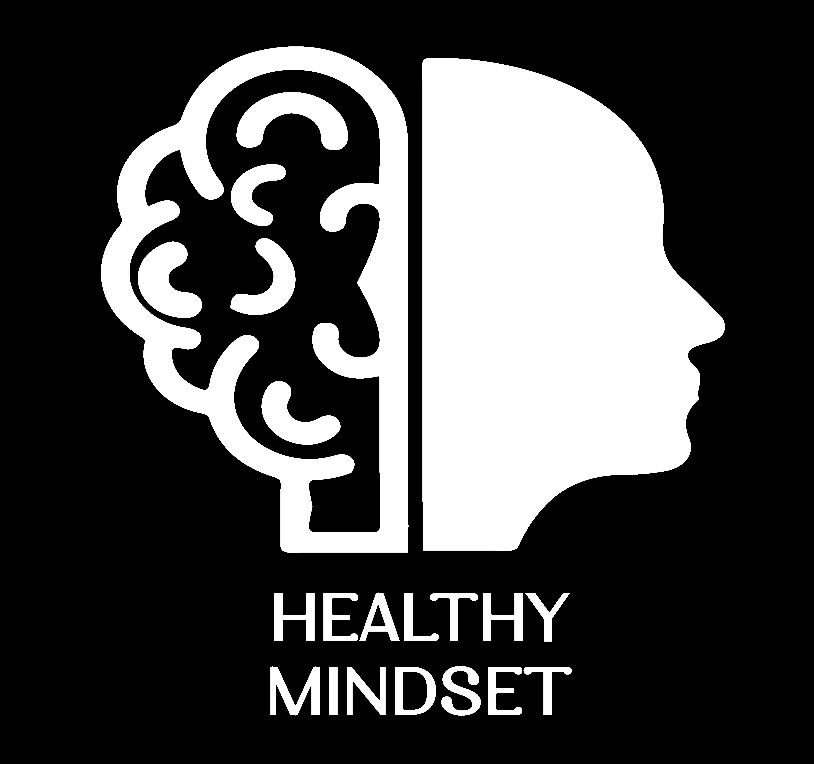The Power of Our Thoughts and Our Well-being
How Your Mind Shapes Your Life
Have you ever considered the role your thoughts play in your emotional well-being? Our minds are constantly at work, processing, interpreting, and reacting to the world around us. We often don’t realize just how much power our thoughts have over emotions, actions, and, ultimately, our lives.
This blog, will explore the profound connection between our thoughts and our emotions and how harnessing this connection can improve our emotional well-being.
The Thoughts-Emotions Connection
Our thoughts and emotions are intricately linked. When we have a negative thought, like “I’m not good enough,” it triggers emotions of sadness, frustration, or anxiety. On the other hand, positive thoughts such as “I’m capable of achieving my goals” foster feelings of confidence, optimism, and happiness.
In essence, the quality of our thoughts can determine our emotional well-being. When we fill our minds with empowering, constructive thoughts, we cultivate positive emotions that enhance our mental health. However, allowing negative, limiting beliefs to dominate our thinking can lead to emotional distress and even long-term mental health issues.
Why Are Negative Thoughts So Powerful?
Negative thoughts often feel more powerful than positive ones. Why is that?
Our thoughts are like seeds in the garden of our consciousness. They have the potential to shape our emotions, decisions, and actions, ultimately guiding the course of our lives. Understanding the power of our thoughts can impact our emotional state and well-being.
In today’s world, this negativity bias means we often give more weight to criticism than praise, remember failures longer than successes, and anticipate the worst possible outcomes. Unfortunately, this can create a negative thinking cycle, damaging emotional well-being.
How Positive Thinking Transforms Emotional Well-Being
Positive thinking doesn’t mean ignoring reality or pretending everything is perfect. It’s about intentionally focusing on uplifting, hopeful, and empowering thoughts. When you shift your mindset toward positivity, you see the world in a new light, creating space for joy, peace, and fulfillment.
Here are some ways to cultivate positive thoughts to improve your emotional well-being:
- Practice Gratitude
Gratitude is one of the most powerful tools for transforming your mindset. Regularly reflecting on the things you’re thankful for shifts your focus from what’s lacking to what’s abundant in your life. Gratitude practices like journaling can rewire your brain to seek out and focus on positive experiences.
2. Challenge Negative Thoughts
When a negative thought arises, question its validity. Ask yourself, “Is this thought based on facts, or is it just my perception?” Often, we discover that our negative thoughts are exaggerated or unfounded. By challenging them, you regain control and shift your thinking to more realistic and positive perspectives.
3. Embrace Self-Compassion
Be kind to yourself. Many of our negative thoughts stem from harsh self-criticism and perfectionism. By practicing self-compassion, you allow yourself to make mistakes and grow without judgment, which helps reduce feelings of stress and anxiety.
4. Affirmations and Visualization
Positive affirmations and visualization are practical tools for cultivating empowering thoughts. Repeating affirmations such as “I am worthy” or visualizing yourself achieving your goals helps reinforce your belief in your potential and fosters emotional resilience.
The Ripple Effect of Positive Thoughts
When you cultivate positive thoughts, the benefits extend beyond your emotional well-being. These positive shifts can enhance your relationships, improve your physical health, and even increase your success in work or personal endeavors.
